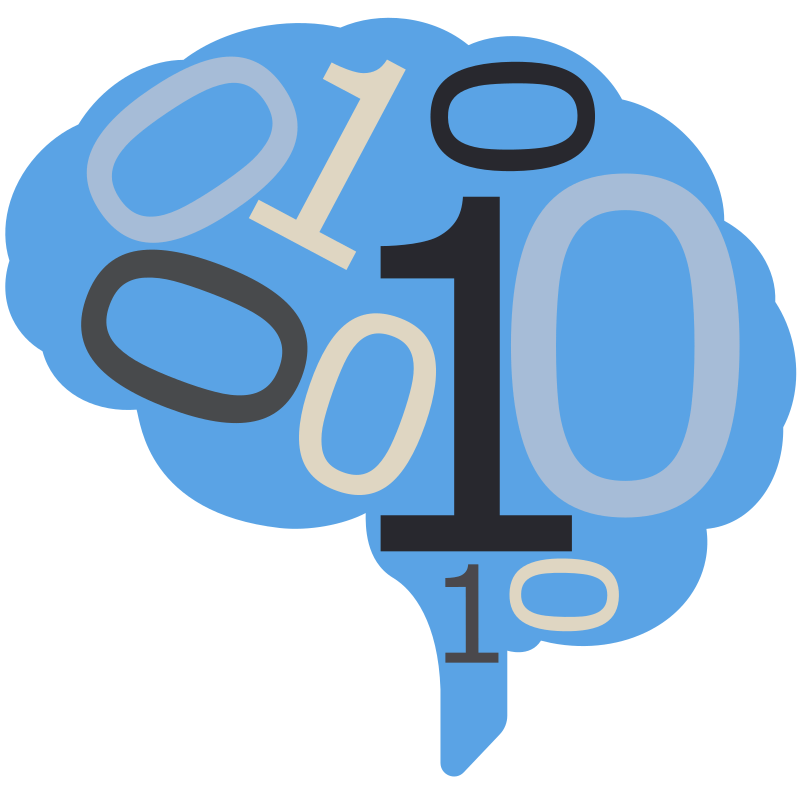### Reality Transurfing: Chapter 1 <br> <center>  </center> <center> Joshua T. Vogelstein, PhD (<img src="assets/img/email-logo.png" align='top' width=25> [jovo@jhu.edu](mailto:jovo@jhu.edu), <!-- <img src="images/Twitter_Logo_Blue.svg"/> --> <img src="assets/img/twitter-logo.png" align='top' width=25><a href="https://twitter.com/neuro_data" >@neuro_data</a>) <br> <!-- Jayanta Dey, Ali Geisa, Hayden Helm, Ronak Mehta, Will LeVine, --> <!-- Carey E. Priebe<br> --> [Biomedical Engineering](https://www.bme.jhu.edu/) | [Johns Hopkins University](https://www.jhu.edu/) --- class: middle Is 1+1=2 true? ---  --- ### Page 379  --- ### Axiomatic Set Theory 1. Axiom of extensionality 2. Axiom or regularity 3. Axiom schema of specification 4. Axiom of pairing 5. Axion of union 6. Axiom schema of replacement 7. Axiom of Infinity 8. Axiom of power set 9. Well-ordering theorem --- ### Quine: Two Dogmas of Empiricism 1. analytic truths: those truths indpendent of 'matters of fact' 2. synthetic truths: grounded in facts Turns out, all truths are synthetic truths. --- ### Godel's Incompleteness Proofs I am lying. --- ### Is .ye[1+1=2] true? - under certain assumptions, .ye[$1+1 = 2$] is true - under other assumptions, .ye[$1+1 = 2$] is false - under other assumptions, .ye[$1+1 = 2$] is true but unprovable - under other assumptions, .ye[$1+1 = 2$] is false but unprovable - if that is the case for .ye[$1+1 = 2$], how much more so for any statement we make? - in each moment, we get to .ye[choose] which system of beliefs we are operating from --- ### Limitations This logic also applies to this argument itself. --- ### Appendix: Infinities - how many integers? - how many numbers between 0 and 1? --- ### .center[Questions] <!-- <div class="small-container"> <img src="faces/ebridge.jpg"/> <div class="centered">Eric Bridgeford</div> </div> <div class="small-container"> <img src="faces/pedigo.jpg"/> <div class="centered">Ben Pedigo</div> </div> <div class="small-container"> <img src="faces/jaewon.jpg"/> <div class="centered">Jaewon Chung</div> </div> --> .center[ <div class="small-container"> <img src="faces/yummy.jpg"/> <div class="centered">yummy</div> </div> <div class="small-container"> <img src="faces/lion.jpg"/> <div class="centered">lion</div> </div> <div class="small-container"> <img src="faces/owl.png"/> <div class="centered">owl</div> </div> <div class="small-container"> <img src="images/family3.png"/> <div class="centered">family</div> </div> <div class="small-container"> <img src="faces/earth.jpg"/> <div class="centered">earth</div> </div> <div class="small-container"> <img src="faces/milkyway.jpg"/> <div class="centered">milkyway</div> </div> ] <img src="images/kids_2021nov.png" width="15%" class="center-jms"/>